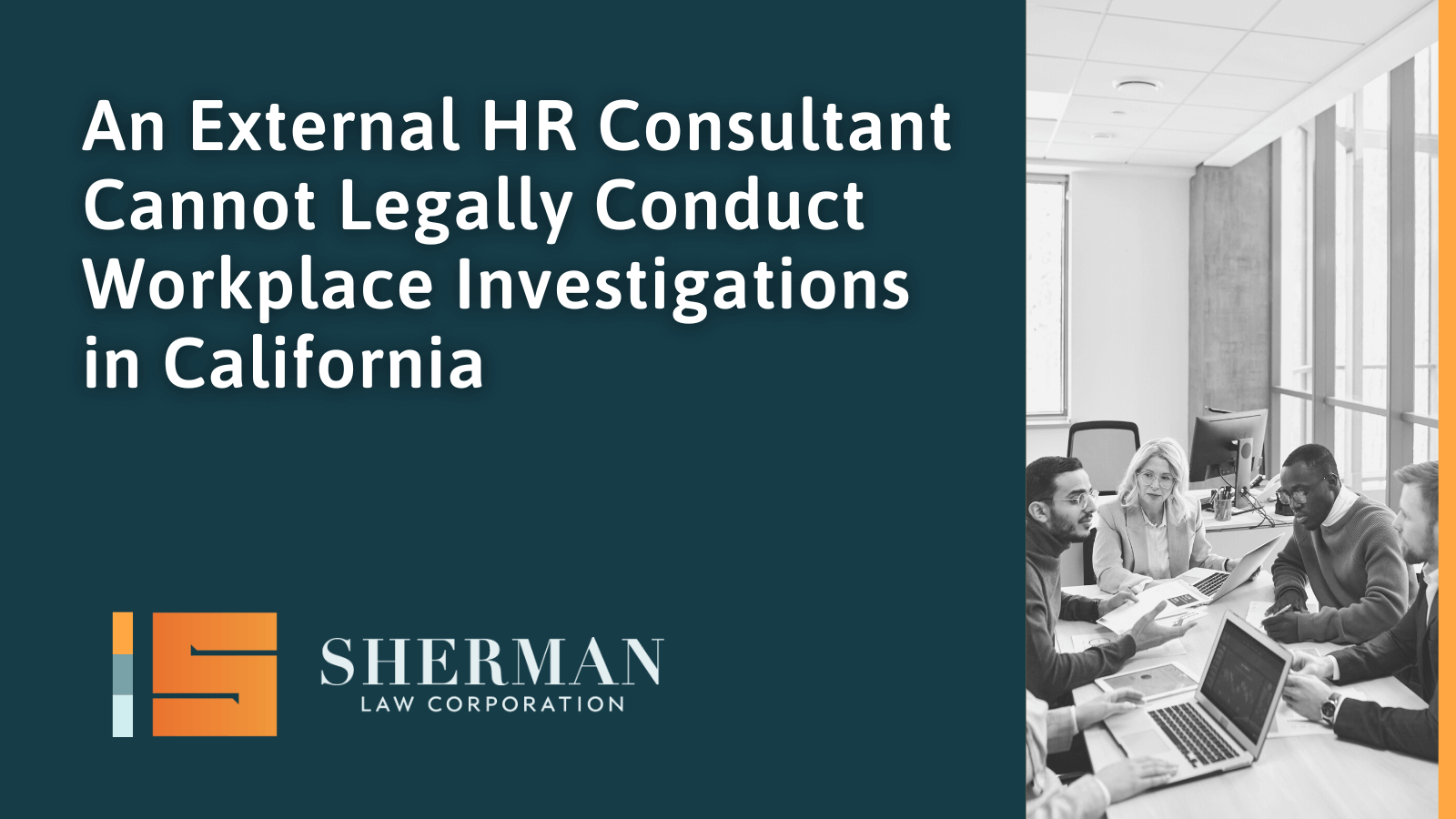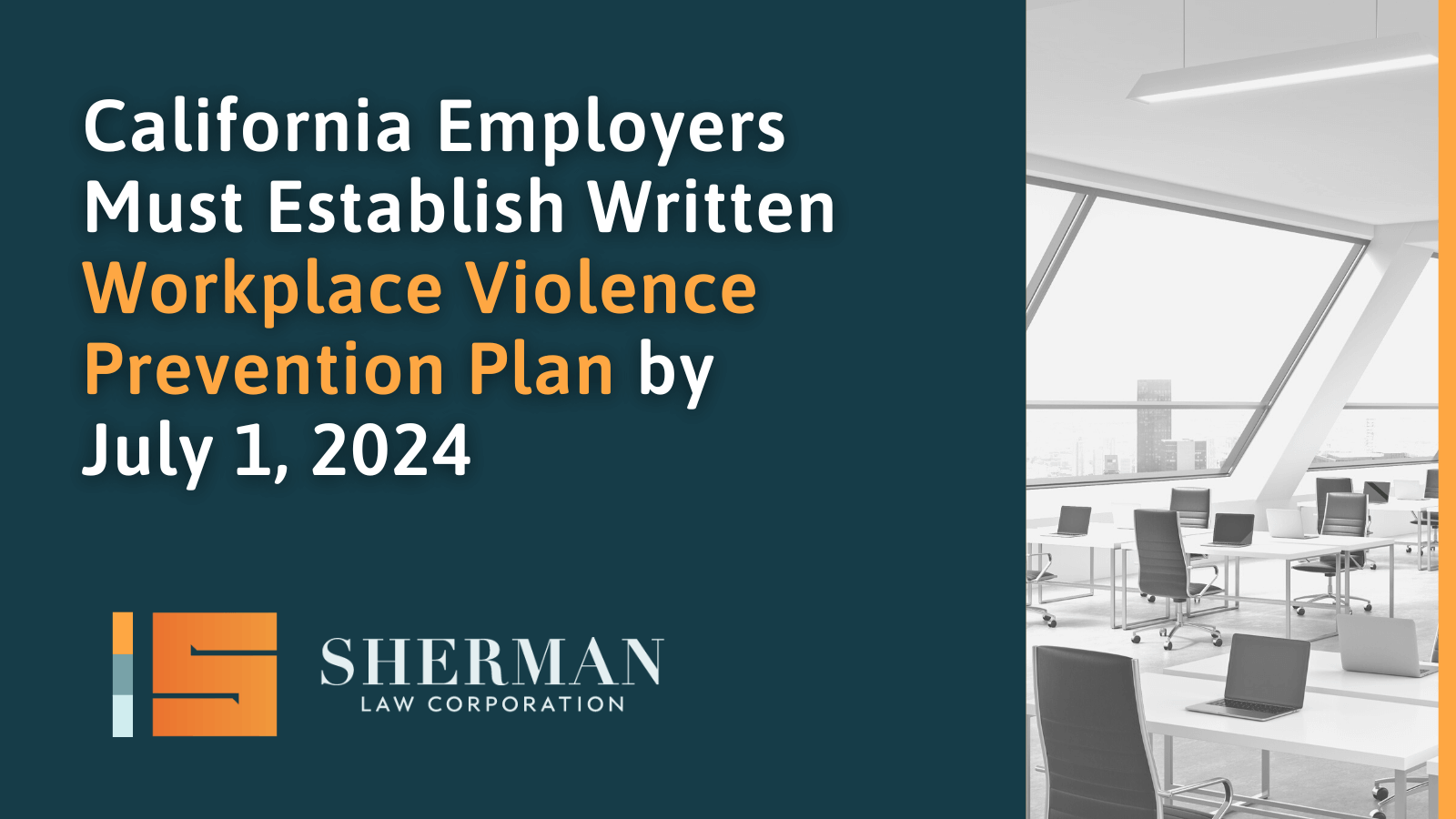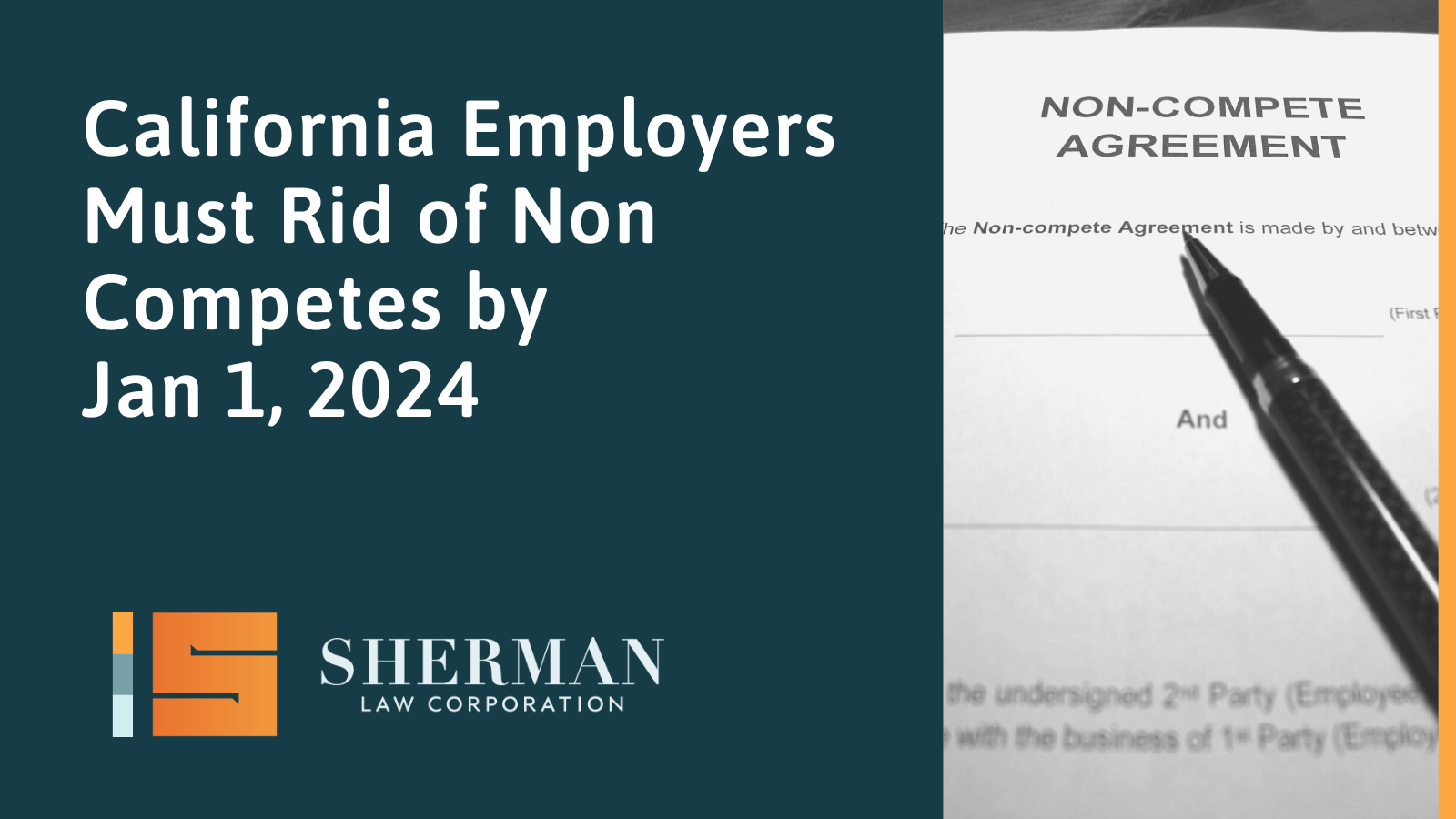What Must be Done in the Aftermath of the Harvey Weinstein Demise.
This is the fourth in a series of blog posts on my reflections as an employment attorney on the unprecedented demise of Harvey Weinstein. Feel free to read my first blog post “Now is the Time to Revisit Anita Hill’s Historic Testimony Following Harvey Weinstein’s Unprecedented Demise,” my second blog post, “What Has Caused This Litany Of Sexually-Abusive Predators To Escape Prosecution And Punishment?” and my third blog post, “How did Harvey Weinstein become the Poster Child for Predatory Sexual Abuse and Harassment in the Workplace?”preceding this one.
It only takes one person to be held criminally or civilly liable for sexual assault; it only takes one employee to be held personally liable for sexual harassment in California. All companies, no matter the size, must institute a zero-tolerance policy for abusive or harassing conduct based on all protected classes, not just based on sex. All Companies must implement a trustworthy, transparent complaint process for reporting and response, retain third-party experts to conduct prompt and thorough investigations and in-person training. All Companies must impose appropriate remedial action that is commensurate with the alleged conduct, including, immediate termination for first-time offenses. Resolution of these disputes by binding arbitration and imposing confidentiality on substantiated claims effectively concealed Mr. Weinstein’s unlawful conduct.
Zero-Tolerance Policies, a Transparent Complaint Process for Reporting and Response:
LucasFilm president Kathleen Kennedy sent out a strong message to the entertainment industry at Elle’s Women in Hollywood awards. She stated that:
“[t]he organizations that constitute the American film industry, the studios, the unions, the guilds and the talent agencies should immediately convene a commission charged with developing new, industry-wide protections against sexual harassment and abuse, which should be fully funded by our industry in order to address the task at hand in a thorough, comprehensive fashion.”
Ms. Kennedy proposed that the commission be composed of “specialists in labor and management practices, lawyers and legal scholars, sociologists, psychologists, feminists, activists and theorists, as well as people who work in film and television,” and strongly supported, as I do here, that all of these organizations must implement processes and procedures that walk-the-walk. Ms. Kennedy states:
“It seems to me the solution would include zero-tolerance policy for abusive behavior, and a secure, reliable, unimpeachable system in which victims of abuse can report what’s happened to them with a confident expectation that action will be taken without placing their employment, reputation and careers at risk.”
I could not agree more with Ms. Kennedy’s response.
Prompt, Thorough Independent Investigations and In-Person Training Conducted by Impartial Experts:
The law not only requires prompt, thorough, and unbiased investigations, but the only way to protect the complainant and accused’s rights is by retaining an outside trained investigator who has no affiliation with either party. The Association of Workplace Investigators (“AWI”), in which I am a member and co-chair of the local West Los Angeles section, has over 600 members in 35 states and territories who are trained to conduct workplace investigations. Once the findings are reported to the board of the Company, appropriate action must be taken by the Company not only to remedy the situation, but to ensure that there is no retaliation. The outside investigator who interviews all participants in the investigation is the best person to follow-up on issues of retaliation.
As I state in my web-site, sherm-law.com, checking all electronic devices at the door for a two hour in-person interactive session is the only effective way for everyone from the President of the Company to the rank-and-file employees to ingrain real life examples of the personal and legal effect of each participant’s actions or inactions that may result in criminal and/or civil personal liability. It is the only way to reinforce the Company’s zero-tolerance policy, its complaint and investigation procedures, reinforce its no-retaliation policy, and reiterate that disciplinary action, including, immediate termination, will be taken, even for a first-time offense, regardless of position. Interactive on-site training programs are not only the most cost-effective weapon for Companies, but attendees who actively participate in examining real life situations understand, retain and are likely to think twice before crossing the line. Moreover, fewer “surprise” lawsuits of unreported claims result, and when previously unknown issues are raised in training and resolved, the effect is almost always an increase in morale, productivity and loyalty to the Company.
Impose Disciplinary Action that is Commensurate with the Alleged Conduct:
Too often, powerful money-makers are given nothing more than a slap on the wrist after a legitimate claim is raised. Obviously, The Weinstein Company’s purported re-payment provision did not consider the bigger implications of Mr. Weinstein’s conduct. Civil suits will be pouring in against The Weinstein Company alleging claims such as failure to prevent discrimination, harassment and retaliation, negligent retention and supervision, etc.
Re-Examine Binding Arbitration and Confidentiality on Substantiated Claims:
Arbitration is touted as a cheaper and quicker way to resolve disputes, but neither have proven true in my over twenty years of practice. If public condemnation brought Mr. Weinstein down, then confidential proceedings and secret payoffs cannot stand.
“It’s secrecy on secrecy,” says Gretchen Carlson, the former Fox News Channel anchor whose allegations brought down late Fox chief Roger Ailes. Carlson says she’s now lobbying on Capitol Hill against mandatory arbitration clauses — in which employees, as a condition of employment, agree to resolve claims via arbitration, not the judicial system. “These clauses are one reason we don’t ever know about this, why it stays in the shadows,” she says. “And guess what else happens: the woman gets fired from her job and the perpetrator gets to stay in the workplace, and nobody knows about it. It’s outrageous!” Ms. Carlson has teamed up with several democratic senators including Al Franken, from her home state of Minnesota, Patrick Leahy of Vermon and other co-sponsors to help introduce the Arbitration Fairness Act of 2017.
Professor Anita Hill’s Valuable Insight in the Aftermath of Harvey Weinstein:
Finally, consider Professor Hill’s valuable insight in an article she recently wrote for the Daily News on October 14, 2017, entitled, Women face creeps like Harvey Weinstein everywhere- not just in Hollywood, in the aftermath of Weinstein. She stated:
“I regularly hear from individuals who have attempted to stop the abuse they face. Some of those women worked for charities, politicians, religious organizations, businesses and schools that appear to promote equity and fairness. Yet in far too many cases, institutions actively fight substantiated sexual harassment and assault claims, provide cover for abusers and in some cases offer responses that blame the persons raising the claims – often in the name of protecting the institution’s brand
….
Indeed, Weinstein’s corporate board seemed to fail utterly in its oversight on matters of sexual misconduct. They tolerated and sought to manage the problem, rather than seek to put a stop to it. Companies founded and led by powerful men often effectively put chronic sexual harassment by men in a separate basket, as though it was a “personal problem” rather than a serious business one.
Imagine decades of rumors that Weinstein was an embezzler. Would his boards have shown the same level of disinterest and inattention? When does indifference amount to enabling? The question answers itself and the catastrophic results of the board’s flawed thinking speak for themselves.
…
This is a critical moment. It provides us the opportunity, in fact the obligation, to finally look seriously at the sexual harassment that 45% of employees – mostly women – in the private workforce say they experience, and recognize how culture contributes to sexual misconduct in workplaces and how bias gets baked into our policies.
In addition, public and private institutions must diversify leadership, engage those who care about equity and finally give more real power to those who have experienced inequality firsthand in order to stop devaluing women. And greater accountability throughout the complaint investigation processes is imperative. Where alleged offenders are company leaders, hiring outside, independent investigators are the only way to get trustworthy results. It has been 26 years since a public conversation on sexual harassment began following my testimony. Despite a generation growing up hearing that sexual harassment is unacceptable, it clearly remains a plague. This time, concrete ways in how we think about harassment and the way we react to it must follow.”
Now, is the time for Companies of all sizes and in all industries to re-examine their policies, procedures and culture to make a firm commitment to take action commensurate with the conduct.




